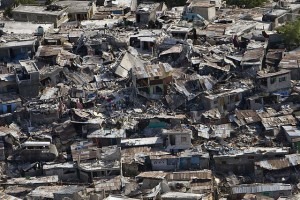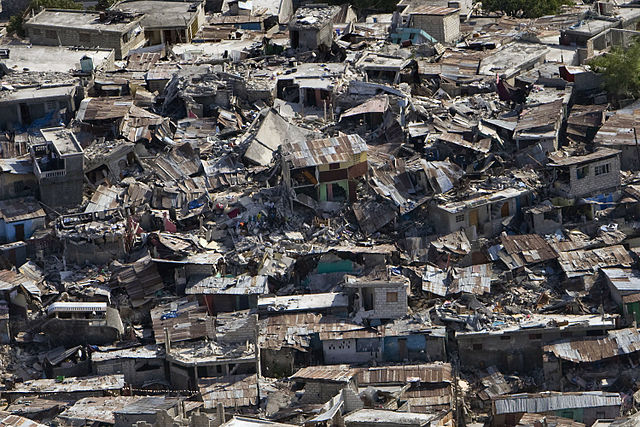My friend Revi Sterling, director of the Information and Communication Technologies for Development (ICTD) program at the University of Colorado at Boulder, sent out a heads-up Tweet yesterday, and because of it, I got to hear Juliana Rotich speak. Rotich, for those of you who haven’t heard of her, is a cofounder of the crowdsourcing platform Ushahidi, an increasingly influential voice in global election monitoring, citizen journalism and disaster response.

Ushahidi, which means “witness” or “testimony” in Swahili, was born from what Rotich called “a random act of collaboration” after the eruption of post-election violence in Kenya in 2008. Initially the project had no funding, but thanks to multi-ethnic collaboration it took on a life of its own. Since then, Ushahidi has facilitated the monitoring of subsequent elections in Kenya, allowed women to expose sexual harassment in Egypt, publicized the Gulf Oil spill in 2010, and provided a hub of information after the tsunami that hit Japan last March. Ushahidi also launched an effort to allow victims of the devastating earthquake that hit Haiti on Jan. 12, 2010, to communicate with the rest of the world. Radio advertisements funded by a partner organization told Haitians how to “text” in their needs with their mobile phones. Ushahidi’s site then aggregated and mapped that information.
The Ushahidi project that most intrigues me is Crowdmap, a free service that empowers individuals, small NGOs and media to enter the crowdsourcing realm. According to Rotich, a crowdsourcing platform must be “easy to deploy, intuitive to use, and simple to localize and customize” — all values I would like to see incorporated into an efficient, accessible and useful network for sharing needs and resources in my hometown of Broomfield, Colo. (And eventually, for sharing needs and resources beyond Broomfield, as well.) Since the technical side of the network I envision is way beyond my capabilities, I’m in the process of forming and solidifying some partnerships to help translate my idea into reality. Many thanks in the meantime to Juliana Rotich and Ushahidi for their inspiration!


